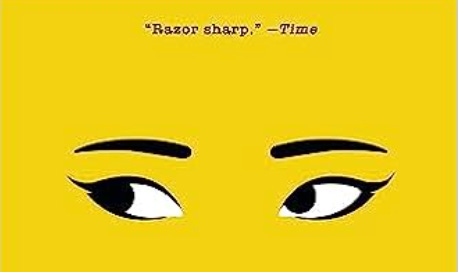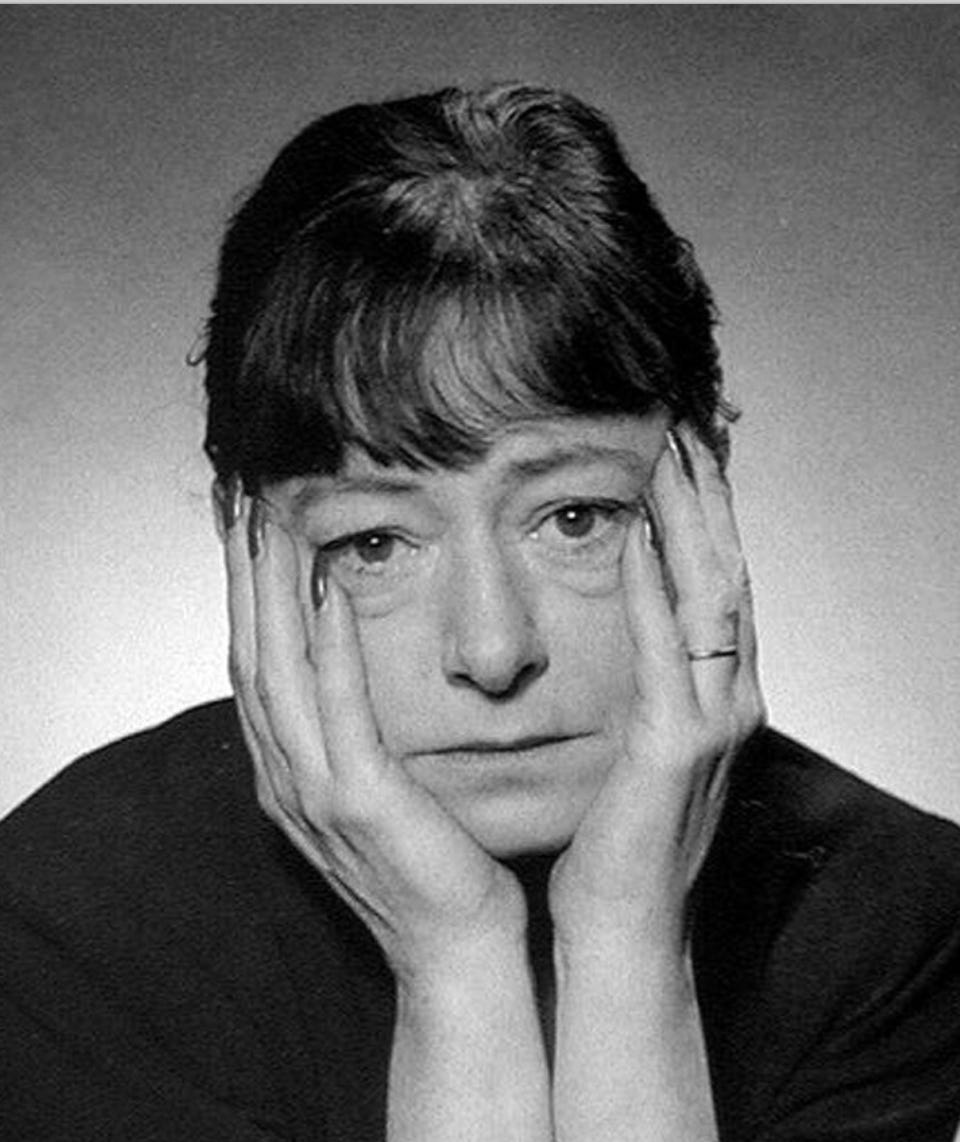June Hayward is plain, socially awkward, and white; Athena Liu is beautiful, charismatic, and Asian American. They were friends, sort of, at Yale. A few years later, June’s debut novel flops; Athena’s bursts onto the literary scene—fabulous reviews, important prizes, TV interviews, multiple book and movie deals.
June and Athena lost touch after college, but when June moves to Washington D.C., they resume their (sort of) friendship, meeting for drinks or coffee every few months. When the novel opens, the two are celebrating Athena’s most recent TV deal. But June—who is reminded of her failure as a writer every time they meet— wonders if they’re really friends, and if their relationship is worth maintaining.
They get very drunk. Athena invites June to her nearby apartment, where they drink more, laugh a lot, and share stories. The invitation is a first; so is the closeness June feels to Athena. Also a first: Athena shows June the first draft of a novel she just completed
They get hungry. Something happens. Athena dies.
I’ll leave the bizarre circumstances of Athena’s death for you to discover, leaping right to the fact that June steals the manuscript: The Last Front. It’s a novel about the Chinese Labor Corps—Chinese workers recruited by the British Army to fight in France during World War I.
The thing is, it’s the first draft of the book, very much unfinished.
If you’re a writer, as I am, you know that first and final drafts of a novel can be drastically different. It’s in revision that most novels find their focus and form, sometimes by way of many drafts, sometimes by way of just a few. The Last Front needs a lot of work—and June spends months researching, rethinking, and revising to create a book she convinces herself has become her own.
This makes sense to me, in terms of both how writing a novel works and how tempting it would be to take a shot at achieving the success you long for.
But here’s where June Hayward and I differ: I’m happy—I really, truly am—for the success of a writer I admire. Do I also feel a twinge of envy, not to mention a brief (if I’m lucky) plunge into despair? Yep. Every time. But I’d never use another writer’s idea, let alone rework someone else’s manuscript, without their permission, and claim the resulting novel wholly as my own. (Besides, the tension inherent in keeping such secret would wreck me.)
June’s feelings about Athena’s success are, at best, ambivalent; her envy is way more than a twinge. She’s really, really angry about how the book world has treated her. “Who wants stories about basic white girls?” she thinks, bitterly.
But despite the fact that what June did was wrong, wrong, wrong, I found the escalation of her envy, ambition, and anger into the pileup of lies that eventually blows up her life to be absolutely delicious.
June publishes the The Last Front as Juniper Song—a name marketers hope will be usefully mistaken for Chinese. She receives everything she’s so desperately wanted: fame, respect, interviews, TV and radio gigs, thousands of social media followers, a pending movie deal, more money than she knows what to do with. There’s the guilt, yeah, but she’s good at willing it away. There are also the questions about her relationship with Athena, for whom she grieves on social media as her closest friend.
Fortunately for the reader, things go awry pretty quickly. Cultural appropriation, diversity, race, branding, micro-aggressions, major gaffes, misunderstandings, hostile Athena groupies—you name it. Each wrong decision June makes (and there a lot of them) deepens and complicates her life in ways she could never have imagined.
I’ll leave you to learn what those wrong decisions are and how they play out.
Yellowface is a page turner! I couldn’t put it down.
And, I’m sorry to say, based on my own experience as an author, Kuang brilliantly depicts the sad state of the book business today.
If you have a friend who’s a writer, no matter how successful, read this book and you’ll better understand why they are so often glum.
And as for becoming a writer, I can’t resist quoting Dorothy Parker here: “If you have any young friends who aspire to become writers, the second greatest favor you can do them is to present them with copies of The Elements of Style. The first greatest, of course, is to shoot them now, while they're happy.”
If you’re thinking of becoming a writer yourself, read Yellowface as a cautionary tale or, if you’re faint of heart, don’t read it at all.
But if you need to write, don’t let anything
deter you. Writing itself is well worth the cost.






This was fantastic!!! I am working on a post about the same book... not surprisingly, I felt the exact same way you did. Beautifully said, Barb!
She nails it! If you read it, I'd love to know what you think.